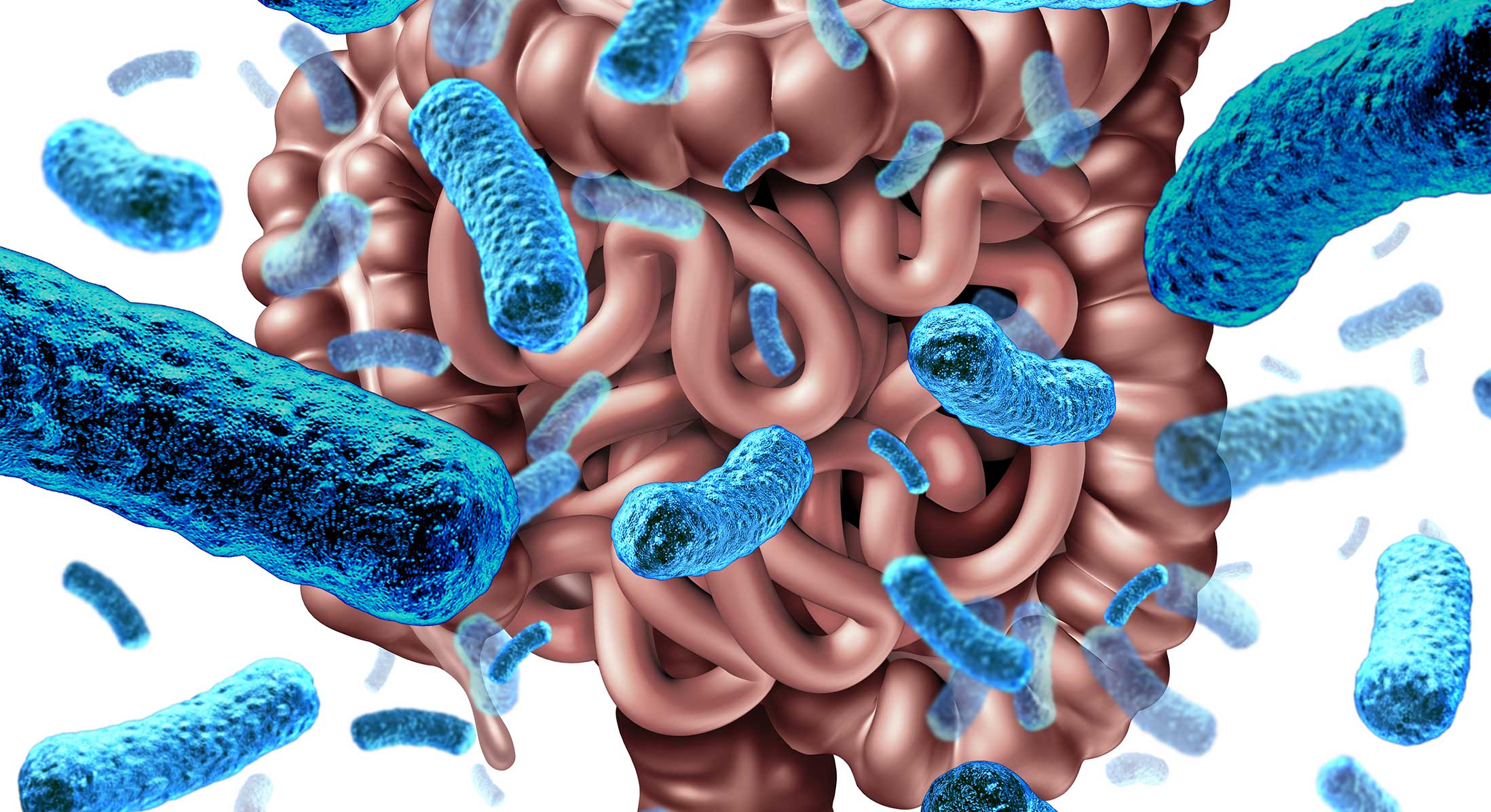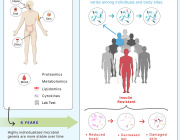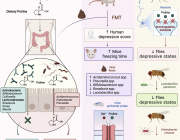Fasting Increases Microbiome-Based Colonization Resistance and Reduces Host Inflammatory Responses During an Enteric Bacterial Infection
Reducing food intake is a common host response to infection, yet it remains unclear whether fasting is detrimental or beneficial to an infected host. Despite the gastrointestinal tract being the primary site of nutrient uptake and a common route for infection, studies have yet to examine how fasting alters the host’s response to an enteric infection. To test this, a group of scientists conducted tests on mice that were fasted before and during oral infection with the invasive bacterium Salmonella enterica serovar Typhimurium. Fasting dramatically interrupted infection and subsequent gastroenteritis by suppressing Salmonella’s SPI-1 virulence program, preventing invasion of the gut epithelium. Virulence suppression depended on the gut microbiota, as Salmonella’s invasion of the epithelium proceeded in fasting gnotobiotic mice. Despite Salmonella’s restored virulence within the intestines of gnotobiotic mice, fasting downregulated pro-inflammatory signaling, greatly reducing intestinal pathology.
This study, conducted by Prof. Bruce A Vallance from the Department of Pediatrics, BC Children’s Hospital in Canada, and his colleagues, demonstrates how food intake controls the complex relationship between host, pathogen and gut microbiota during an enteric infection.

Most animals, including humans, lose their appetites when sick. Whether this sickness behavior has evolved as a protective mechanism is unclear. In addition, fasting therapies have become popular in recent years and show promise for treating chronic inflammatory diseases, but it is uncertain whether fasting-induced immunosuppression could leave an already fasted host more vulnerable to infection than a fed host. To test this, Prof. Vallance fasted mice and orally infected them with the invasive bacterium Salmonella Typhimurium. This pathogen causes gastroenteritis (food poisoning) in humans and in antibiotic-pretreated mice. Notably, the fasted mice were protected from infection. While Salmonella rapidly expanded in the intestines of fed mice, their expansion was reduced in fasted mice. Moreover, Salmonella in the fasted mice did not cause any intestinal tissue damage as the bacteria were unable to invade the intestinal wall. This protection was found to be partially due to the gut microbiome, since fasting was unable to prevent Salmonella infection in mice lacking a microbiome, although the mice suffered less gastroenteritis. They therefore conclude that fasting can protect hosts from intestinal bacterial infections, in part through the actions of the gut microbiome.
Authors: Franziska A. Graef & al.
News Source: https://journals.plos.org/plospathogens/article?id=10.1371/journal.ppat.1009719#sec013
Targeting Microbiota 2021 Congress
October 20-22, 2021
www.microbiota-site.com


























































